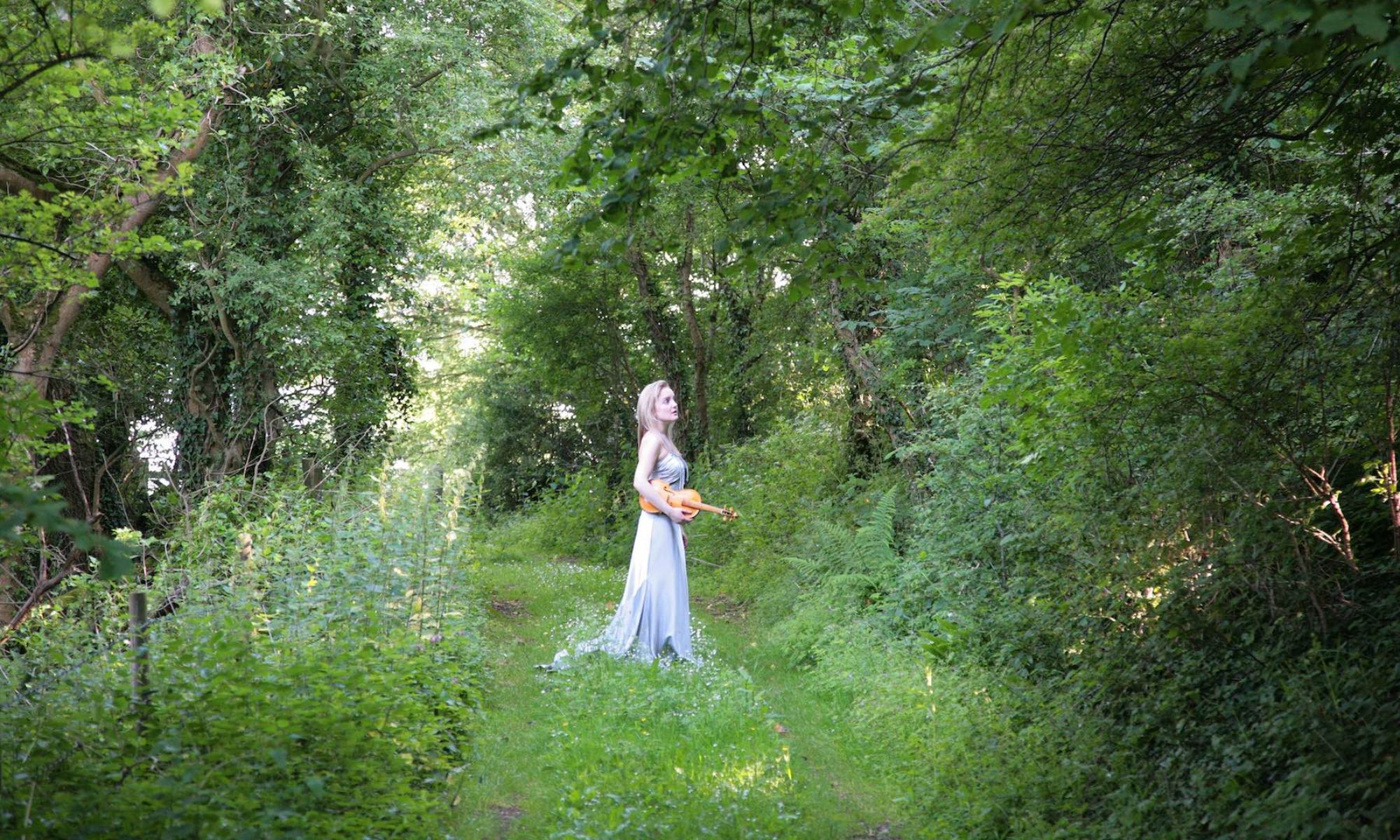This is a small piece of writing I’ve dug out of my computer, where it has been sitting for years..
On a concert homestay with a kind lady I found a real treasure in the room where I was to sleep. It was a copy of The Sloane Ranger’s Handbook, which is a kind of treatise covering the glories of eighties Sloanedom, that important cultural flowering that had the young Princess Diana as its figurehead. One of the many delights this book discusses is the centrality of the concept of ‘WRM’ for posh families. This stands for ‘What Really Matters’, which in this case appears to be a mix of family love, conservative values and ancestral pride. Even in the messiest of student dwellings, the Sloane-child will have somewhere some representation of WRM: her grandfather’s writing desk, perhaps, or a picture that doesn’t currently have a place on the walls of the ancestral seat (or at least the converted barn in Oxfordshire).
Though somewhat cheesy, and an obvious candidate for satire, I think that having a concept of WRM isn’t a bad idea. (You get to define WRM for yourself. It doesn’t have to be the Sloane version).
In an airport recently, I was reminded to seek out WRM. My companion for the trip was a little volume of Henryson, one of the great late-medieval Scottish poets. Such little volumes are good for flights when my only hand luggage is the violin because they are small enough to fit into a pocket of the Barbour (a sort of sartorial embodiment of the Sloaney WRM, if it’s old or battered enough – or, more likely, a hipster nightmare c2007, especially if it’s got a book of poetry stuffed into its pocket. Don’t worry, I do hate myself).
I started at the front of the book, with Henryson’s stylish and funny renderings of Aesop. At the end of the tale of the town mouse and the country mouse, Henryson explains precisely WRM: ‘Blissed be sempill lyfe withoutin dreid,/Blissed be sober feist in quietie.’
It was time to find out WRM for myself. I’ve discovered that the best place to go as a lone traveller in airports is the ‘prayer room’ or ‘meditation centre’, a quiet room where you can just sit and check in with your breathing, perform religious observances if that is what you want to do, or just generally be quiet. Whether you’re religious or not, it’s a good antidote to the departure lounge with its noise, and lights, and smelly (read: suffocating) cosmetics shops, and expensive food offerings, and wistful walks past the depressingly unattainable things in the Hermès store.
As I sat on the floor and quietly listened to my breathing (breath, after all, must be the ultimate example of WRM), I took in the soft intoning in Arabic of some of my fellow meditators. Some just whispered, some sang very softly. I felt calm and sane. And in the calm atmosphere I began to get an idea of WRM to me, and to begin to organise my priorities in a way that Aesop’s country mouse might have recognised. WRM isn’t choosing which Chanel perfume to wear (although I do hope life does have a bit of room for that) or feeling stressed about the noise and bustle of the airport. I began to get a sense of perspective.
I could conclude by suggesting that life can be busy and stressful and full of distractions, like the departure lounge at an airport, and that it can help to look for some headspace and to begin to look beyond these things. And I just did.
